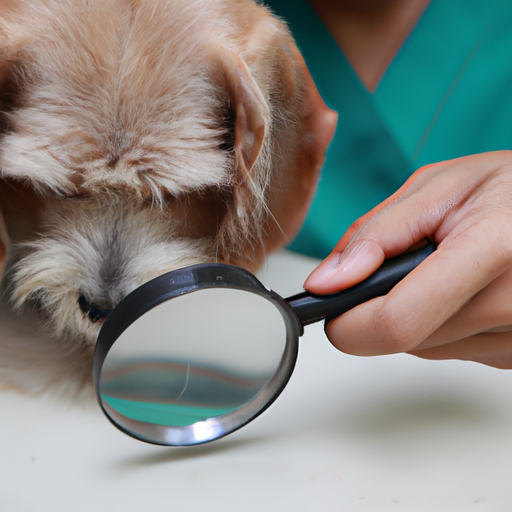Introduction
As caregivers, we understand that you want nothing but the best for your furry friends. Dealing with worms in your dogs can be a daunting process, but we’re here to guide you through it, step-by-step, ensuring that your pup is back to their sprightly self in no time.
Understanding Worms
All too often, our furry companions become the unwilling hosts of worms. These parasites can take several forms – from tapeworms and roundworms, to hookworms and whipworms. Recognizing the symptoms early can be the key to quick recovery. Be on the lookout for:
- Unusual weight loss
- Diarrhea or vomiting
- Lack of energy
- Changes in appetite
- Dull coat
Treatment Options
Now that you’ve identified the problem, it’s time to take action. There are several ways to combat these pesky parasites.
- Over-the-counter Medication: Many effective treatments are available at your local pet store or online. Common options include:
- Fenbendazole
- Praziquantel
- Pyrantel Pamoate
- Prescription Medication: For severe infestations, a trip to the vet may be necessary. They can prescribe stronger treatments such as Drontal Plus or Panacur C.
- Natural Remedies: Some caregivers prefer natural treatments, like pumpkin seeds or grated carrot, but these should be used in conjunction with, not instead of, medicinal treatments.
Preventing Future Infestations
Prevention is always better than cure. Here’s how you can protect your dog from future worm infestations.
| Tips for Prevention | Explanation |
|---|---|
| Regular Vet Check-ups | Regular check-ups can catch early signs of infestation |
| Hygienic Living Conditions | Keeping your dog’s living area clean can prevent worm eggs from hatching |
| Regular De-worming | A regular de-worming schedule can prevent infestations |
FAQs
Q: How often should I de-worm my dog?
A: Most vets recommend de-worming every 3 months.
Q: Can I get worms from my dog?
A: Yes, some worms can be transmitted to humans. Always practice good hygiene.
Q: What should I do if the infestation doesn’t clear up?
A: If the infestation persists, consult your vet for further treatment options.
Conclusion
In the end, remember that you’re not alone. As caregivers, it’s our responsibility to ensure our pets are healthy and happy. By understanding worms, choosing appropriate treatments, and taking preventative measures, we can make sure our dogs lead a worm-free life.



